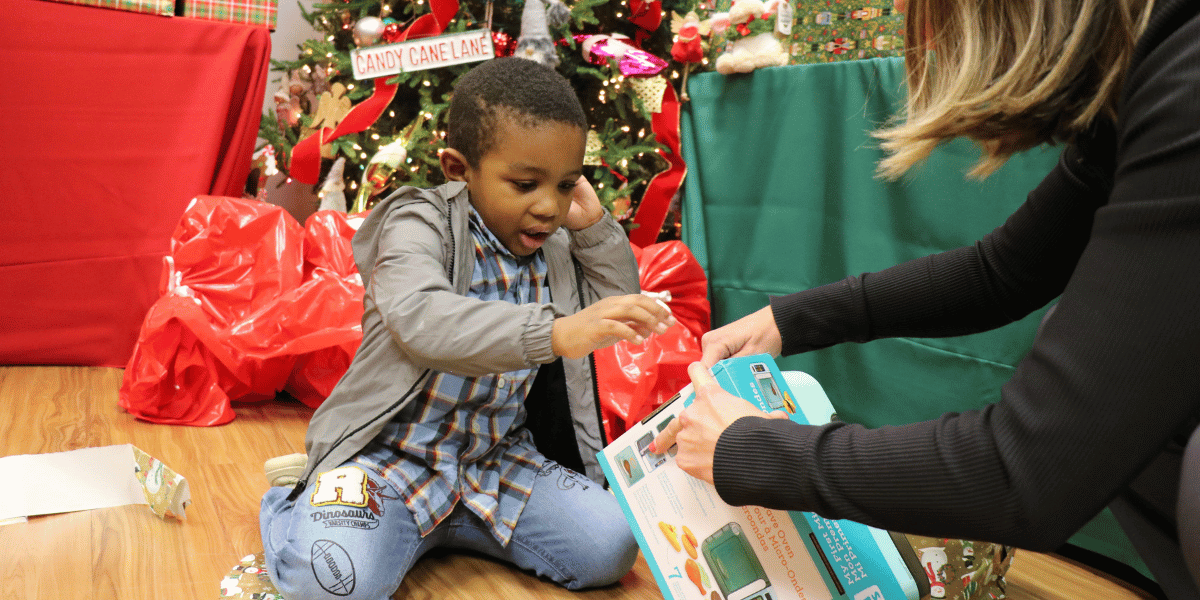
Aquatic therapy program benefits pediatric rehab patients
The benefits of swimming and water aerobics are touted by health and fitness experts. Water provides resistance without harsh impact on bones and joints. It’s a great way to build muscles and cardiovascular strength.
For these same reasons, water is an excellent setting for physical therapy. And when children are involved, there’s an added benefit: “It’s a fun environment where our patients don’t even realize just how hard they are working,” said Stephanie Duke, a physical therapist with Spartanburg Regional Pediatric Rehab.
On a recent Tuesday afternoon, one of Duke’s patients, Emree Belknap, was all smiles as she got ready for a session of aquatic therapy.
“I love swimming,” she said.
Duke and Amy MacPhee, an occupational therapist, work with Emree at the Trinity Health and Fitness pool. They guide Emree through a series of activities – pushing a ball through the water, taking steps against the side of the pool and other exercises to build strength and coordination.
“She’s very motivated,” MacPhee said.
In addition to the resistance and flexibility a pool provides, aquatic therapy is “safer for patients who have balance issues,” Duke said.
Emree was severely injured in a boating accident. Her father, Alex, said he’s pleased by the progress she has made. “She’s doing better than what was expected,” he said. “{Therapy] has definitely helped.”
Duke and MacPhee approached pediatric rehab manager Sharon Caston about their interest in starting a program. After researching training opportunities, Duke and MacPhee attended the Aquatic Therapy University in Wisconsin. And now, aquatic therapy has been offered through Pediatric Rehabilitation Services at Spartanburg Regional Healthcare System for about five years.
The cost of training was covered by the Spartanburg Regional Foundation’s Pediatric Rehabilitation Fund. This fund supports facility enhancements in the pediatric rehab clinic, specialized medical equipment to help individual patients and extra training for staff.
Overall, the fund is an important resource to address department needs and support innovation, said Caston.
“We are so grateful for the donors who make all of these things possible,” she said, noting that numerous department staff members support the fund during the annual employee campaign.
“The Pediatric Rehab Fund is a great benefit for our team, and it makes a real difference for the children we serve.”
Duke and MacPhee said they feel fortunate that they were given the opportunity to expand their professional skills and offer a new way for patients to work toward therapeutic goals while having fun.
Caston and other leaders, Duke said, “have been so supportive of starting new programs and encouraging us to explore our special interest areas in ways that will benefit our patients.”
To support the Pediatric Rehabilitation Fund, visit https://www.regionalfoundation.com/ways-give/families.












